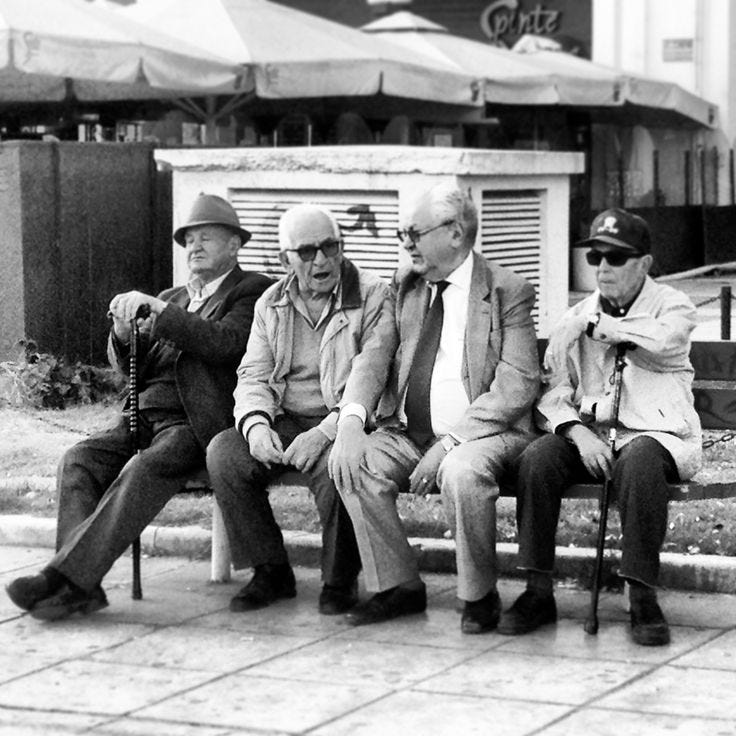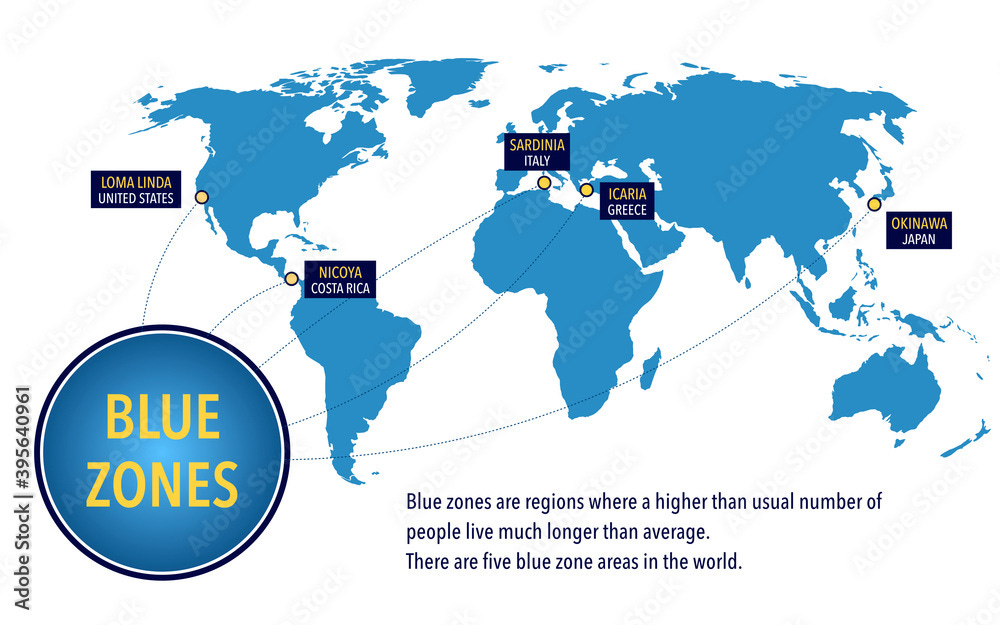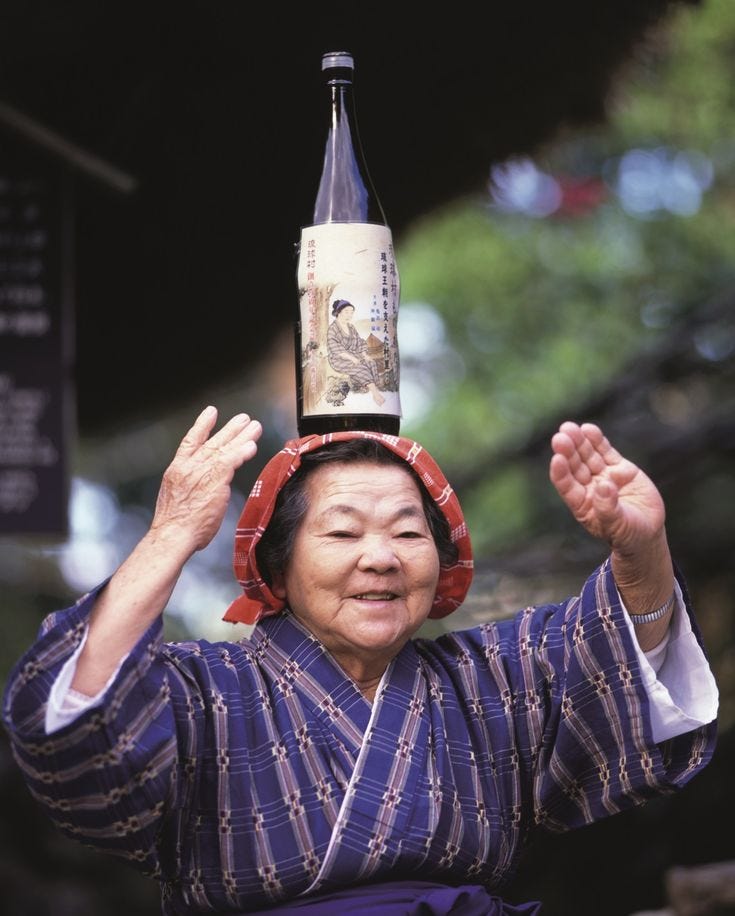Connection through Inconvenience
How picking your friends up from the airport makes you live longer
On Thursday my girlfriend and I landed at Frankfurt Hahn Airport. Despite its name, the airport is two hours away from Frankfurt, hidden between a forest and a small village. The last thing I wanted after the flight was a long coach ride followed by catching a regional train to my hometown. But a taxi would cost us more than the flight itself.
So, what to do? I asked my friends if they could pick us up.
One friend was out of town. The other had a broken car. But third time’s a charm and one of my oldest friends—someone I’ve known since elementary school—showed up in his speedy little Mini.
The beautiful thing was that we didn’t feel like a burden. He did not complain about the distance or make us feel guilty for asking. He picked us up, introduced himself to my girlfriend (they hadn’t met before), we loaded up the bags, and drove off.
On the way we listened to music, and he told us about the girl drama he had, the new bike he wanted to buy, and how his studies were going. I kept thanking him, and he kept brushing it off: “My pleasure.”
After an hour and a bit, we arrived. He helped unload our stuff, said a quick goodbye, and drove away.
I stood there, tired but grateful, thinking: “What incredible friends I have.” The journey that could have been long and unbearable turned into a spontaneous catch-up session that left me feeling rejuvenated. I felt lighter, happier, more connected.
It reminded me of a concept I once came across but never fully understood: Moai.
Moai and the Power 9
Moai is a term from Okinawa, Japan. It describes a kind of social network—a circle of friends who offer lifelong emotional, logistical, and even financial support. No strings attached. No scorekeeping. If you’re in a Moai, you’re in it for life.
The idea gained traction thanks to Dan Buettner, a National Geographic explorer who studied what he called Blue Zones—places around the world where people live significantly longer, healthier lives. Among them:
Barbagia, Sardinia – highest concentration of male centenarians
Nicoya Peninsula, Costa Rica – lowest middle-age mortality rates
Ikaria, Greece – lowest rates of dementia
Okinawa, Japan – where women live, on average, to 90
Buettner identified common traits among these long-lived communities and compiled them into something he calls the Power 9: nine habits or principles shared by people who live the longest.
These fall into four categories: movement, mindset, diet, and connection.
Movement: Moving naturally is important: gardening, walking, not hitting the gym but just living in a way that keeps the body engaged.
Mindset: Having a sense of purpose, knowing your “why” (ikigai), and building in small rituals to manage stress (naps, prayer, pausing to breathe).
Diet: Stop eating when you’re 80% full (hara hachi bu). Eat mostly plants. Keep meat to a minimum. And have a glass or two of wine—but only with good company.
Connection: Be part of something—faith groups, family units, communities. Prioritise your people. Surround yourself with those who support healthy behaviours.
As Buettner puts it:
“The world’s longest-lived people chose—or were born into—social circles that supported healthy behaviours.”
And more importantly:
“Friends can exert a measurable and ongoing influence on your health behaviours in a way that a diet never can.”
So yes, the plant-based meals and daily walks matter. But even more essential is who you're walking with—and who picks you up from the airport when you're stranded two hours from home.
And this is where we come to the crux of this post.
Building a Moai
I’ve realised that in my day-to-day life in London, I rarely allow myself to rely on other people.
Even though I have friends I care deeply about, and who I know care just as much about me, the fear of being a burden often stops me from asking for help. Most of the time, I’d rather handle things on my own than risk inconveniencing someone.
Normally, I would have taken the train home after landing at the airport without even considering another option. But being stuck in a small village two hours outside of Frankfurt pushed me to reach out—and I’m glad I did.
In a city like London, you can pay people to help you with almost anything. Whether it’s a taxi, food delivery, or someone to help you move, there’s no real need to ask a friend. But that convenience comes at a cost. Asking someone to pick you up from the airport may feel like a favour, but it can also be a meaningful moment. It’s a chance to spend time together. To talk in a way, you might not if you hadn’t shared that ride.
These days, our lives are scattered across countries and time zones.
I grew up in Germany and now live in London. My friends are in Spain, France, Ireland, the Netherlands, Japan—spread across the world. That’s why it matters to hold on to the connections we have. So, I’d like to suggest something simple: inconvenience your friends now and then.
Not everyone will say yes—and that’s okay. They don’t have to, especially if they have a good reason not to. You probably wouldn’t do this for just anyone either. But next time, maybe you can be the one to take the first step. A simple message is enough: “Hey, have a good flight. Do you have a ride from the airport? I’m free and could pick you up if you need.” That’s all it takes.
As Dan Buettner points out, family and close friends are what matters most. But those relationships don’t maintain themselves. Someone has to start. Offer your time. Be the one who shows up. It’s not always easy, but it does make life better—and maybe even longer.
The question for you this week: ‘If you didn’t know anyone how would you find your ‘Moai’? Let me know in the comments ;)








capitalism inhibits Moai! ☹️
Community climate initiatives will build the Moai of my utopian future 🤓 I want to plant trees with my neighbours